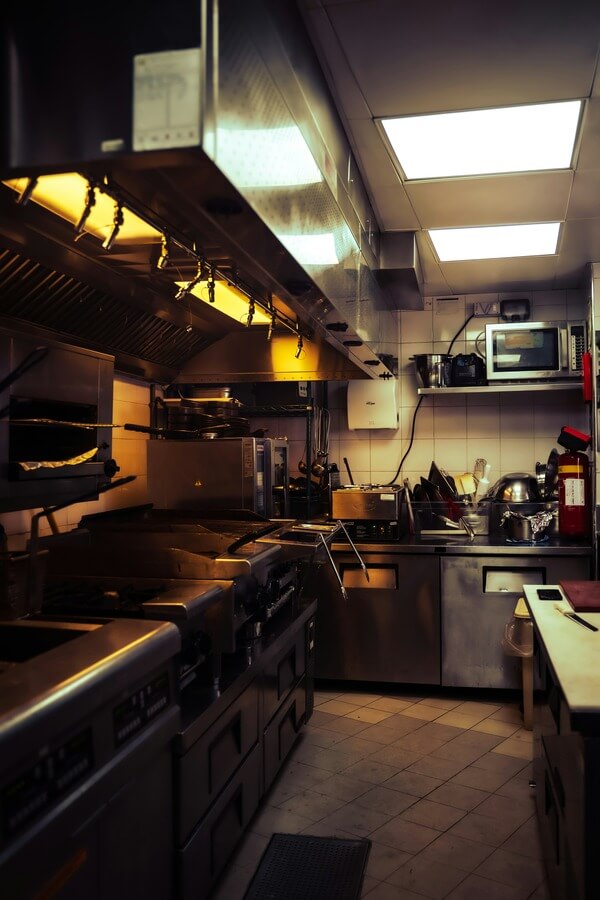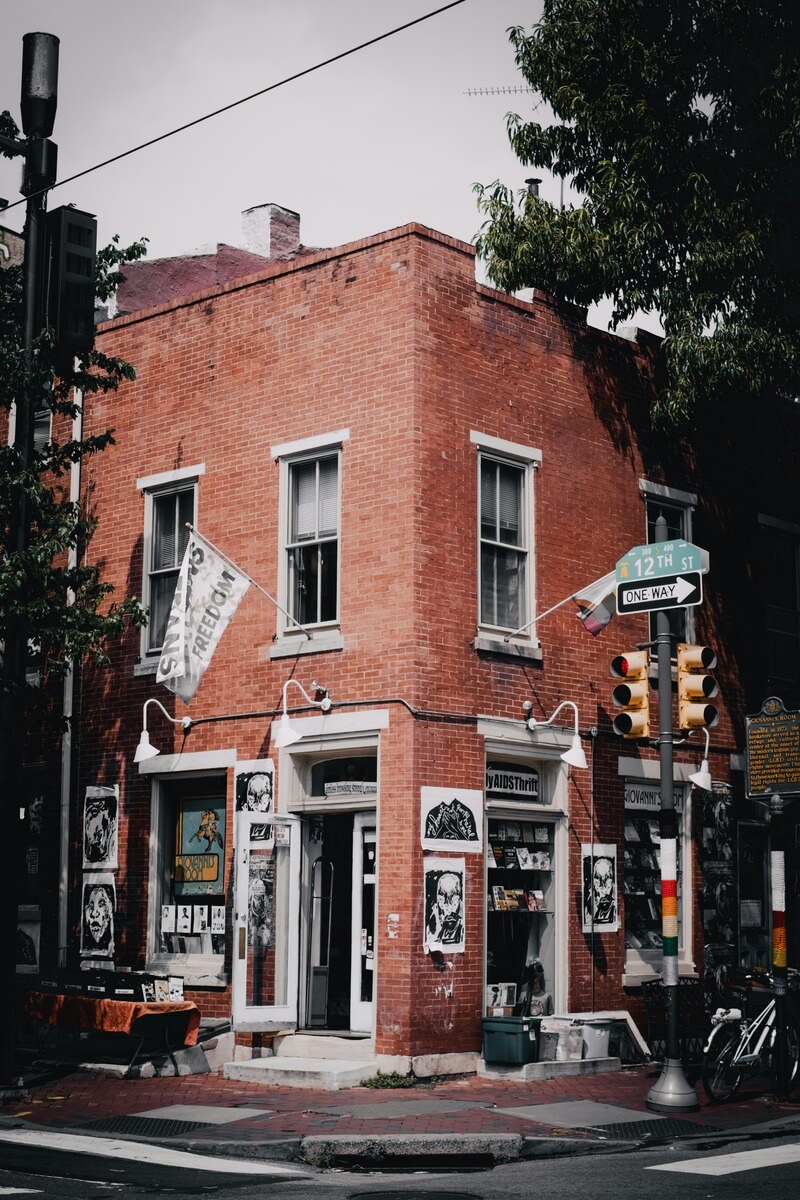Why Regular Mold Inspections Are Crucial for Commercial Properties
Learn the proper frequency and coverage needed for a commercial mold inspection.

Why Regular Mold Inspections Are Crucial for Commercial Properties
Mold growth in commercial properties can lead to serious health risks, structural damage, and business disruptions. Regular mold inspections are essential for detecting and addressing mold problems before they become costly and hazardous. By taking proactive measures, property owners and managers can ensure a safe and healthy environment for employees, tenants, and customers while protecting their investments.
The Importance of Regular Mold Inspections
1. Early Detection Prevents Costly Remediation
Mold spreads rapidly in damp environments, and by the time visible signs appear, the problem may already be extensive. Regular inspections help identify mold growth early, allowing for targeted remediation before it escalates into a larger, more expensive issue.
2. Protecting Indoor Air Quality
Mold spores can circulate through HVAC systems, contaminating indoor air and causing health issues such as allergies, respiratory problems, and fatigue. Regular inspections help ensure a building’s air quality remains safe for occupants.
3. Reducing Legal and Liability Risks
Property owners and business operators have a responsibility to provide a safe and healthy environment. Neglecting mold issues can lead to tenant complaints, lawsuits, and regulatory fines. Regular inspections demonstrate due diligence in maintaining a safe property.
4. Preserving Structural Integrity
Mold thrives in damp areas and can cause significant damage to walls, ceilings, insulation, and flooring. By catching mold growth early, property owners can prevent costly repairs and extend the lifespan of building materials.
5. Meeting Health and Safety Compliance Requirements
Many industries, including healthcare, food service, and hospitality, must comply with strict health and safety regulations. Regular mold inspections help ensure compliance with local and federal health codes, avoiding penalties and business disruptions.
What Happens During a Mold Inspection?
1. Visual Assessment
A certified mold inspector examines the property for visible signs of mold, water damage, and moisture-prone areas.
2. Moisture Detection
Specialized tools, such as moisture meters and infrared cameras, detect hidden leaks and humidity issues that contribute to mold growth.
3. Air Quality Testing
Air samples may be collected to measure the concentration of mold spores in the environment, helping to identify potential contamination.
4. Surface Sampling
Inspectors may take samples from surfaces to determine the type of mold present and assess the level of contamination.
5. Detailed Report and Recommendations
After the inspection, a detailed report outlines findings, potential risks, and recommended actions to prevent mold growth.
Best Practices for Preventing Mold Growth
1. Control Moisture Levels
- Maintain indoor humidity levels between 30-50%.
- Use dehumidifiers in high-moisture areas.
- Ensure proper ventilation in restrooms, kitchens, and basements.
2. Address Water Leaks Immediately
- Repair plumbing leaks, roof damage, and condensation issues promptly.
- Regularly inspect and maintain HVAC and drainage systems.
3. Clean and Maintain HVAC Systems
- Replace air filters regularly.
- Schedule routine maintenance to prevent mold buildup in ducts.
4. Use Mold-Resistant Materials
- Opt for mold-resistant drywall, paint, and insulation in high-risk areas.
5. Schedule Routine Mold Inspections
- Conduct inspections annually or biannually, depending on the building’s risk factors.
- Hire certified mold inspectors for comprehensive assessments.
Conclusion
Regular mold inspections are a crucial part of commercial property maintenance. By identifying mold problems early, businesses can protect their employees, customers, and assets while avoiding costly repairs and legal complications. Investing in routine inspections and preventative measures ensures a healthier, safer, and more compliant commercial property. If you haven't scheduled a mold inspection recently, now is the time to do so.
.jpg)
Top Shelf Mold Removal
Our goal is to treat Philadelphia homes at an affordable cost to make happier, healthier communities.
Get a free quote today.


